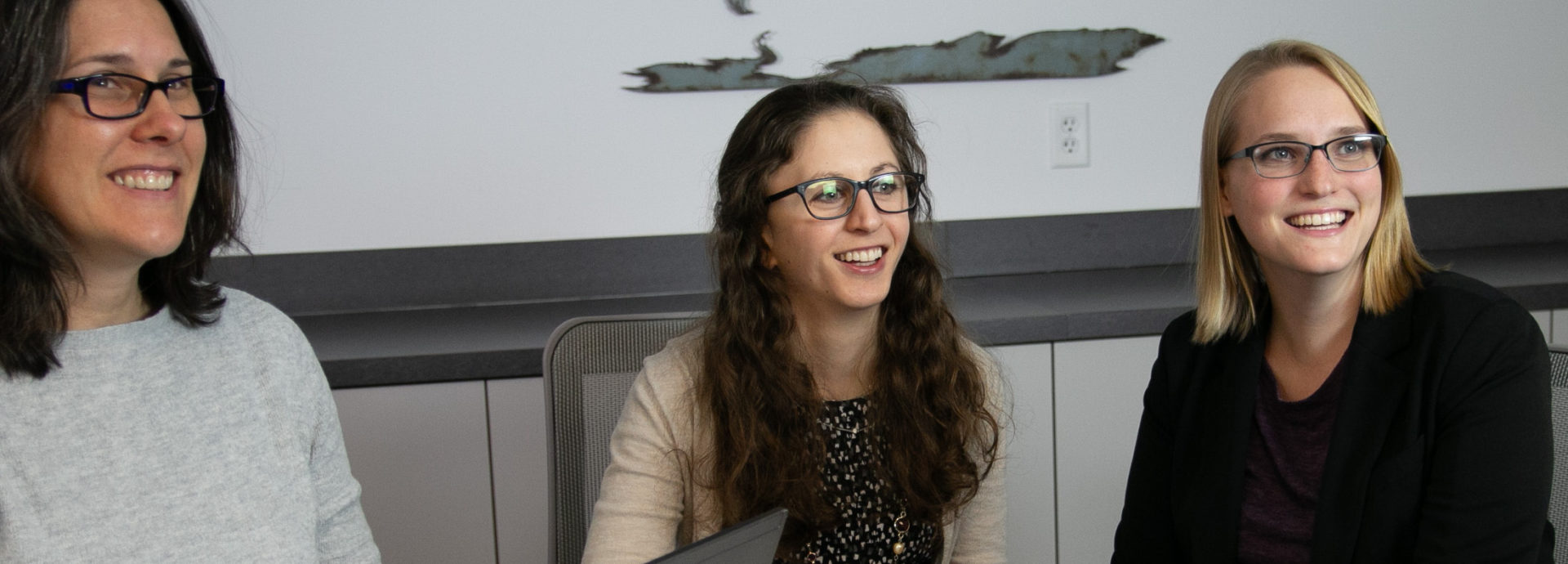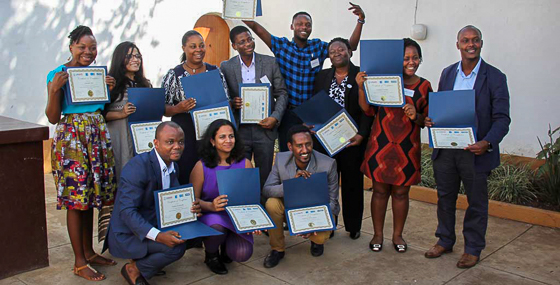
PRB’s policy communication and media training programs build participants’ skills to communicate data, research, and evidence to nontechnical audiences.
Practitioners, researchers, and journalists come away from the process able to present, discuss, or report stories from a perspective that draws policymakers’ attention.

Policy Communication Fellowship
Initiated in the 1980s, the Policy Communication Fellowship aims to train the next generation of leaders shaping policy in countries of the Global South. It combines a week-long policy and communication workshop in a developing country with online coursework during a year-long fellowship. Funded by the United States Agency for International Development, the program is open to individuals from developing countries who are between their 3rd and 5th year of studies in a relevant area.
U.S. Policy Communication Training Program
PRB’s policy communication training expanded to include U.S.-focused doctoral students in 2015, thanks to support from the Eunice Kennedy Shriver National Institute of Child Health and Human Development. The program builds on PRB’s 40-year legacy of training researchers to communicate their findings effectively and to foster skills they need to ensure their research influences U.S. programming and policymaking. It combines a week-long summer workshop in Washington, D.C., with a practicum during the academic year when participants apply lessons learned to two policy communication materials based on their research.

Women’s Edition
PRB’s signature journalism training program has supported hundreds of senior-level women editors, reporters, and producers from influential media organizations in developing countries to examine and report on pressing issues affecting women’s health and status. Up to 15 senior journalists from leading news media organizations around the developing world are competitively selected to participate in this activity.
